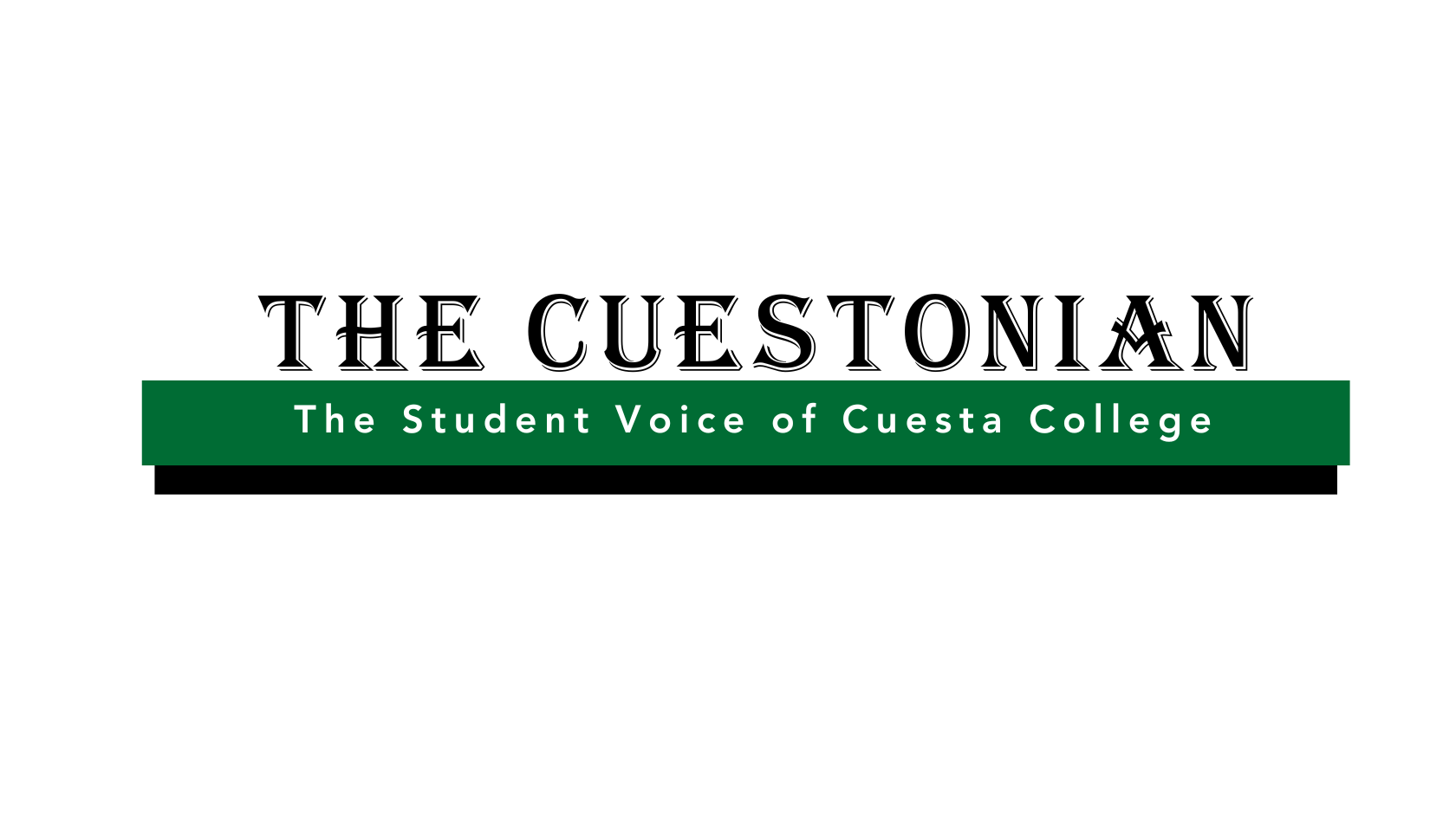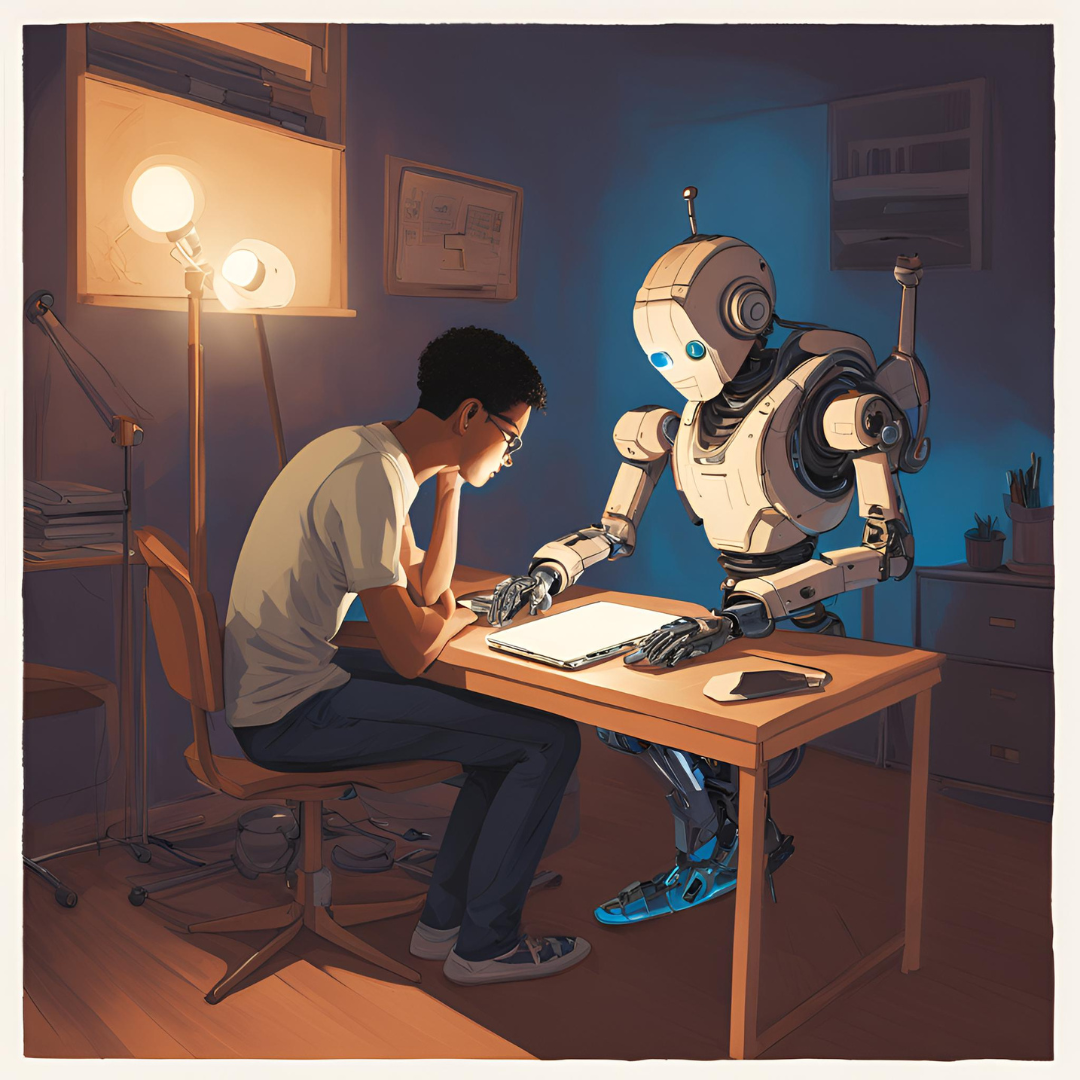Cuesta College faculty and staff are exploring how to best incorporate the use of Artificial Intelligence (AI) into the college’s Academic Honesty Agreement.
“This was brought forth as a concern because Cuesta’s policies are generally silent about artificial intelligence because it’s fairly new,” said Jason Curtis, vice president of instruction. “A task force objective is determining when AI is ethical and when it is not.”
The use of AI in higher education is growing at a rapid pace. According to the Digital Education Council (DEC) Global AI Student Survey 2024, which gathered 3,839 responses from students across 16 different countries, 86% of students claim to use AI in their studies. The study also reveals that 54% of students use AI at least on a weekly basis, and 24% report using AI daily.
The data was collected in anticipation of the DEC Global Summit 2024. According to Alessandro Di Lullo, DEC CEO, and Daniel A. Bielik, DEC president, investment in AI technologies is at an all-time high. “Our research can be considered as a leading indicator of the profound implications AI will have for university leadership and the higher education business model, more broadly,” Di Lullo and Bielik wrote in their survey report.
Cuesta faculty and staff are communicating with other institutions as part of their strategy to incorporate AI into their academic honesty policy, moving forward. “We are checking with other colleges to see what their policies are and what direction they are going,” Curtis said.
According to Curtis, one AI tool that could prove useful for faculty and students is Nectir AI, a teaching assistant program. “The faculty member can train the AI assistant on course materials,” Curtis explained. “Then the AI can then provide help for students, almost like tutoring, based on material from that class.”
Another tool that has proven useful for faculty and staff is Turnitin, which has an AI writing detection feature. According to a press release on April 9, in its first year, Turnitin reviewed over 200 million papers. Over 22 million of those papers (approximately 11%) had at least 20% AI writing present, and over six million (approximately 3%) had at least 80% AI writing present.
Steve Leone, English instructor and co-chair for the Curriculum Committee at Cuesta College, explained that using AI can interfere with learning for students in the English Department. “In our discipline, AI is not authorized to be used in any step of the writing process because the goal of our discipline is to be independent as thinkers as well as writers,” Leone said. “AI creates a dependency and it does not demonstrate their own thinking. They’re not contemplating the ideas if they are using AI.”
Although students might believe that it is ethical to run their writing through AI software like Grammarly to check for edits and errors, Leone explained that if their professor did not permit that action, then that action is dishonest.
“Any time one represents someone else’s writing as one’s own, it is lying,” Leone said. “It’s plagiarism and unethical regardless of the tools used. That means that if a person helped them or AI-generated the text, either way, if they are representing that as their own writing, it is unethical.”
One of Cuesta’s AI academic task force’s goals is to determine when and where the use of AI is acceptable.
“It probably will be a goal to distinguish between unauthorized use of an AI engine — whether it’s generating writing, generating any kind of art or text, or mathematical computations,” Leone said. “If it’s not authorized, then it shouldn’t be used.”
Alexandra Kahane, president of the Academic Senate for Cuesta, explained that one of the academic senate priorities is to explore ethical and practical uses of AI while clearly defining and prohibiting its misuse. “The reason that’s a priority is it’s not all about academic dishonesty,” Kahane said. “Many of us are incorporating AI to make sure our students can learn how to use AI responsibly.”
As a growing part of the higher education experience, AI is proving to be a dynamic topic. “We need to evolve,” Kahane said. “The world is changing very fast with AI. We need to make sure that we are preparing our students to use AI as a tool when it’s appropriate to do so, and to know when it’s not appropriate to do so also.”
As Cuesta faculty, staff and students weigh in on the conversation, Kahane clarified that the college is in the beginning stages of the policy declaration.
“We need to do the work, do the research and think about what is right for this moment in time,” Kahane said. “It’s quite possible that this might be work that we revisit quite frequently as the situation continues to evolve.”








